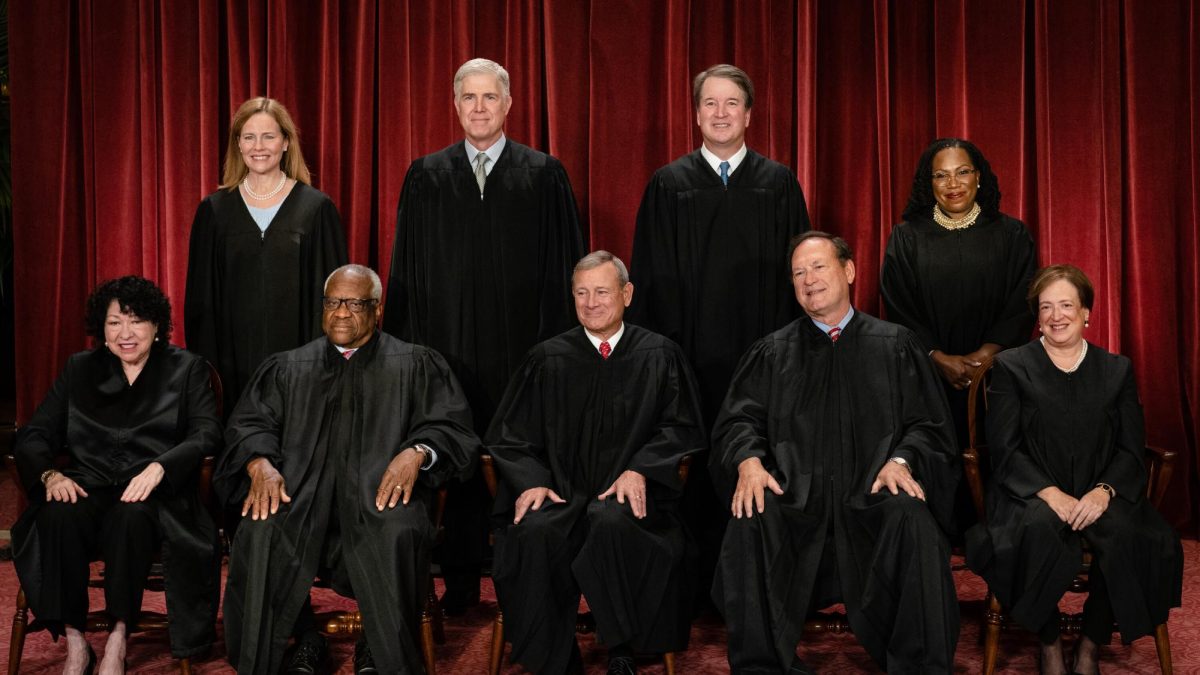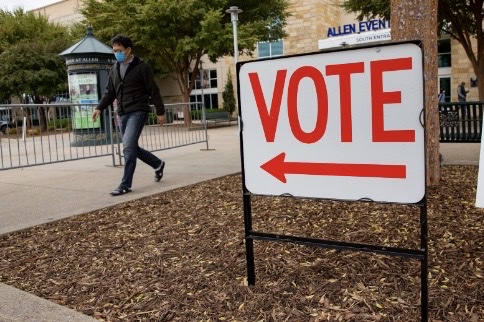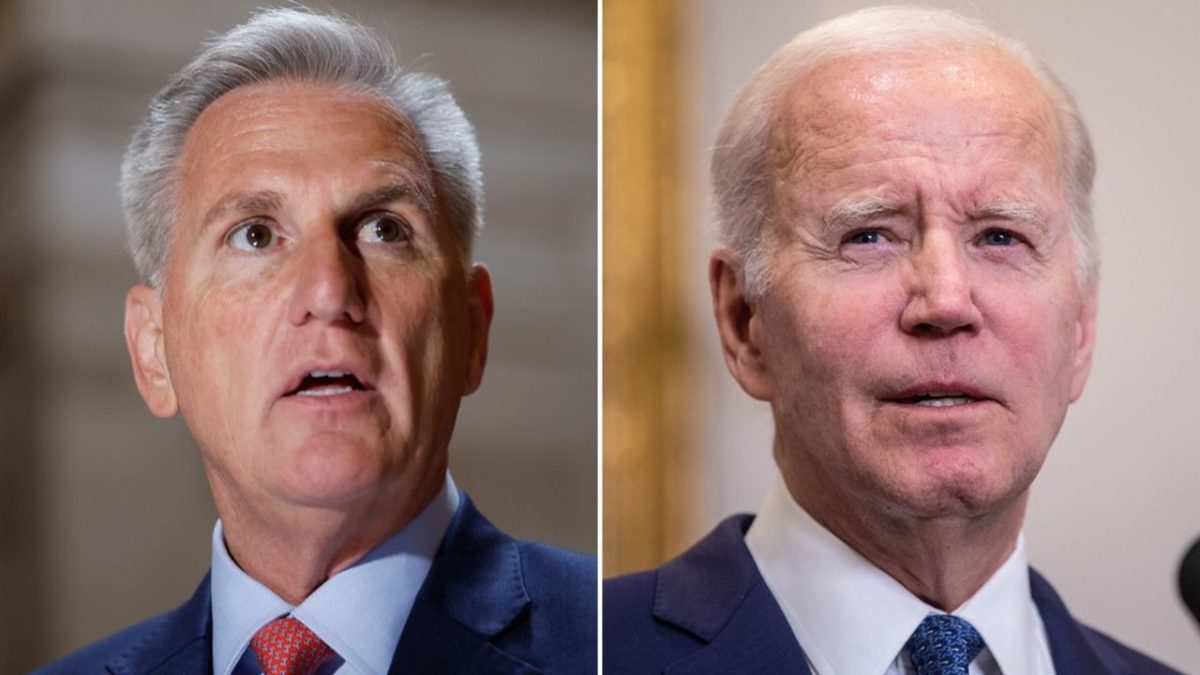On Monday, the United States (US) Supreme Court announced its first formal code of conduct governing the ethical behavior of its nine justices.
All nine justices signed the new code, which was adopted after a series of media reports detailing ethics questions surrounding some Supreme Court members, in particular, Justice Clarence Thomas.
Bowing to months of pressure from Congress and the public, the code outlines “a lot [justices] can do, and no enforcement mechanism as to what [justices] are [not] supposed to do,” according to an article released by NPR.
The code highlights a variety of actions which the justices should follow to retain the most ethical behavior in Court.
One of the main behaviors include the withdrawal of a justice due to a conflict of interest, if they are related to any members of a case presented in Court.

“A Justice should not allow family, social, political, financial, or other relationships to influence official conduct or judgment,” the code says.
In addition, the code is also specific about financial transactions, noting that justices can make real estate purchases and other transactions, as long as they are not on behalf of the Court.
The code also advises justices to not publicly speak about matters occurring in the Court.
On the other hand, some proponents of the code think that despite the lack of enforcement, the code is “pretty decent” and “more detailed than expected” according to NYU School of Law professor, Stephen Gillers.
Despite the court’s efforts to reduce controversy, many are still concerned about how the new code ties to its lack of enforcement, meaning that even though the Justices signed it, there are no provisions to ensure that it is enforced.
Critics of the Court, including progressive group Take Back the Court, claim that “the court’s new ‘code of ethics’ reads a lot more like a friendly suggestion than a binding, enforceable guideline.”
Others critics say that the non-enforcing system has not helped in the past, and are proposing ideas of their own.
Sen. Sheldon Whitehouse of Rhode Island, chairman of the Senate Judiciary Courts Subcommittee, said, “the honor system has not worked for members of the Roberts Court. My ethics bill would create a transparent process for complaints and allow a panel of chief judges from the lower courts to investigate and make recommendations based on those complaints.”
Amidst discussion regarding the new code of ethics, the Supreme Court still remains the nation’s highest court. The code can be accessed through this link. Now, only time will tell if the code will be effective in holding Justices accountable in the nature of law and order.







